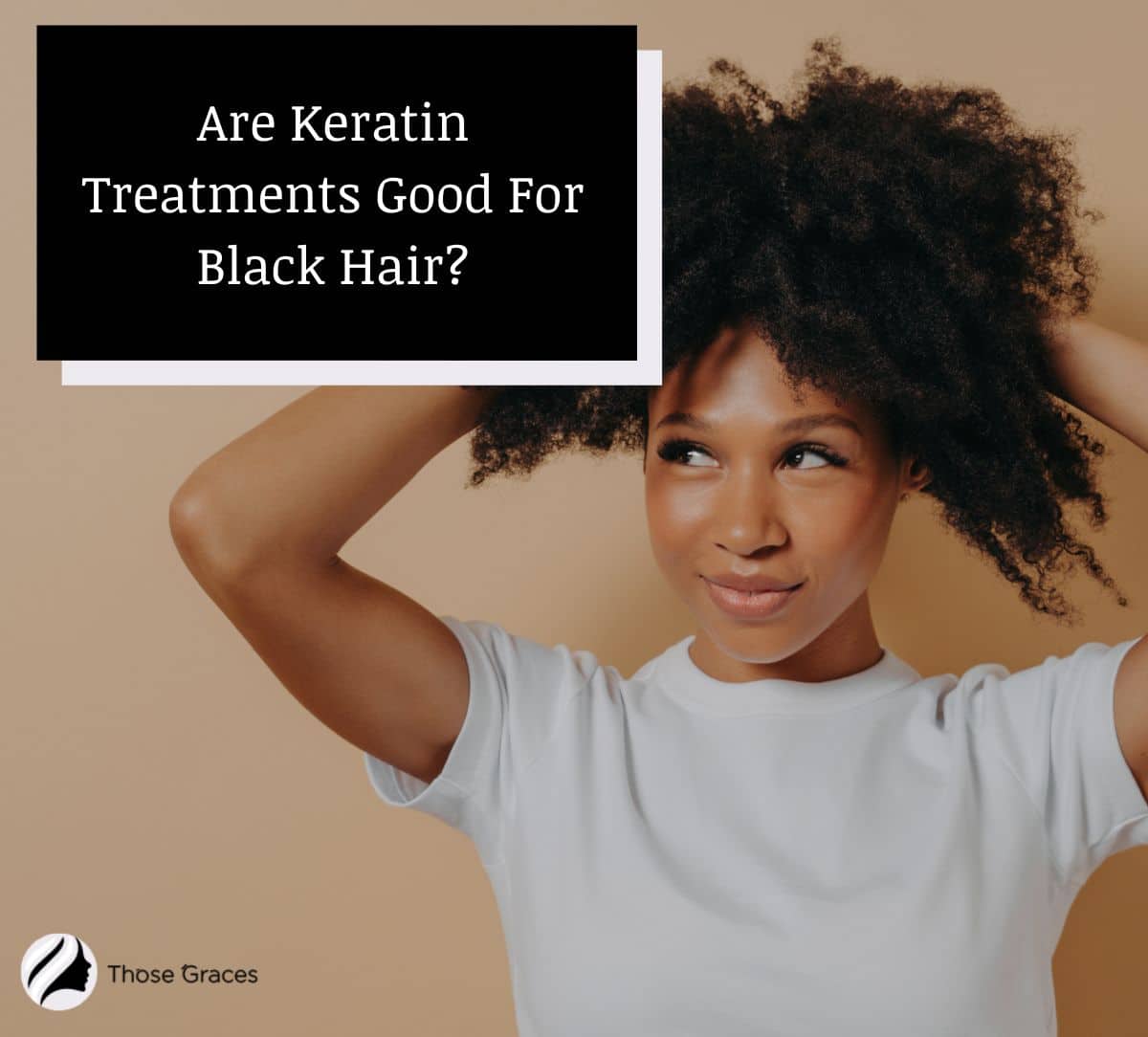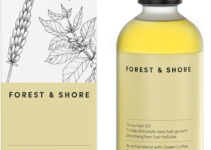Are Keratin Treatments Good For Black Hair? That’s the million-dollar question we’re tackling today.
As your resident beauty enthusiast, trust me when I say I’ve tested, tried, and lived to tell the tale!
So buckle up, grab your hair ties, and let’s delve into the world of keratin treatments!
Table of Contents
The Love Affair of Keratin Treatments and Black Hair
Oh, the charm of black hair! The coils, kinks, and curls are all so delightfully diverse.
But with that comes a unique set of challenges: dryness and susceptibility to breakage.
Enter the keratin treatment – it swept me off my feet, transforming my morning routine and reigniting my love for my natural hair texture. [1]
Watch this video to learn the whole process:
The Benefits of Keratin Treatments for Black Hair
What’s not to love about the benefits of keratin treatments for black hair? My hair was thirsty, and the keratin treatment was a tall glass of ice-cold lemonade.
1. Manageability:
My unruly mornings were tamed. My comb glided through my hair, and I finally won the battle against tangles!
2. Shine and Smoothness:
Then there was the shine, like my hair was singing hallelujah!
3. Strength and Resilience:
The treatment made my hair stronger and more resilient like it could take on anything!
4. Decreased Breakage:
And the breakage? Oh, it reduced significantly. I finally stopped fearing the hairbrush!
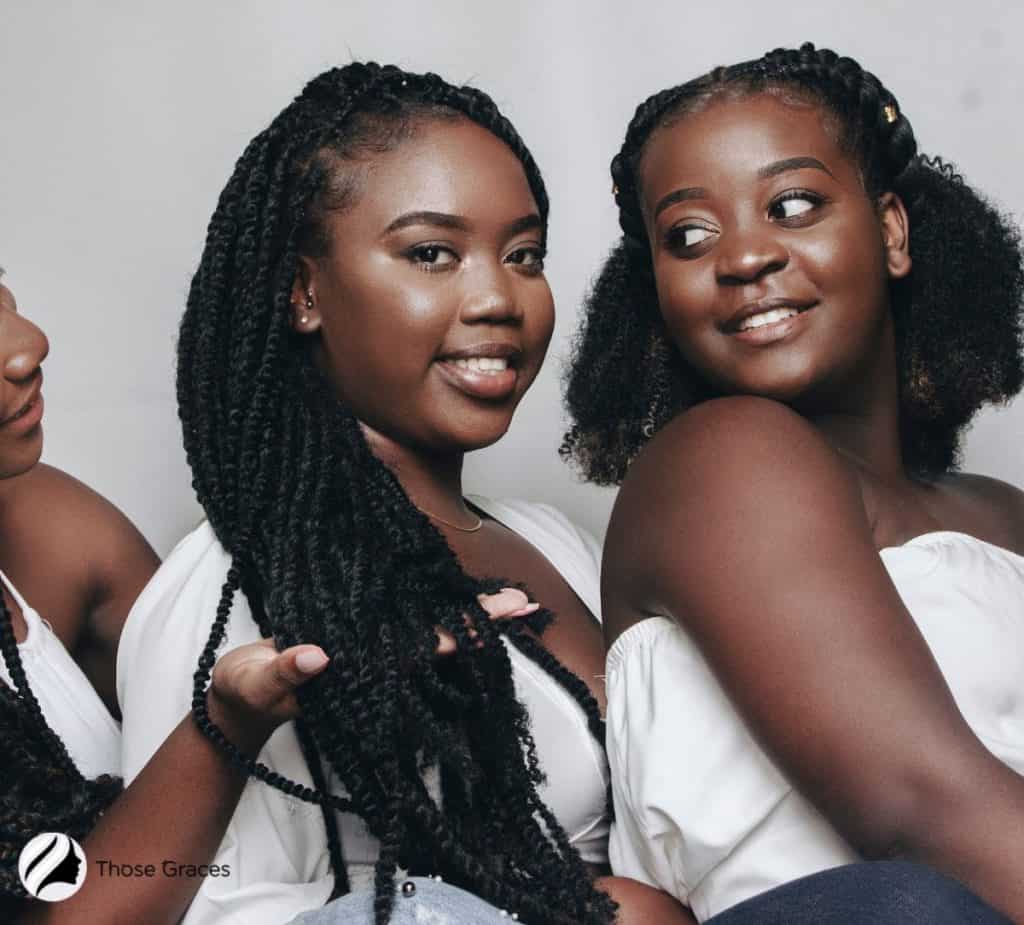
The Downsides of Keratin Treatments
However, let’s get real for a second. Keratin treatments aren’t all pixie dust and magic potions. [2]
1. Chemical Exposure:
Some treatments can contain formaldehyde, a substance that’s not so friendly [3].
2. Risk of Damage:
The process involves heat. And if not done correctly, you could sing your lovely locks.
I’ve put together a handy table to make the decision-making process a bit easier for you.
It lays out the ups and downs, the pros and cons of keratin treatments. Remember, knowledge is power! Let’s have a look:
| Pros | Cons |
|---|---|
| Increased manageability | Potential chemical exposure |
| Improved shine and smoothness | Risk of heat damage |
| Enhanced strength and resilience | |
| Decreased breakage |
Alternatives to Keratin Treatments for Black Hair
But what if you’re a bit skeptical about keratin treatments? Fear not, my dear! There are alternatives.
Natural hair care products that are protein-rich can offer similar benefits. I’ve tried a few and had some lovely results.
Also, have you ever thought about heatless styling methods? They’re a great way to maintain the health of black hair while letting you explore a variety of styles!
How Black Hair is Different and How to Choose the Right Treatment
Black hair is unique in its structure and ability to retain moisture.
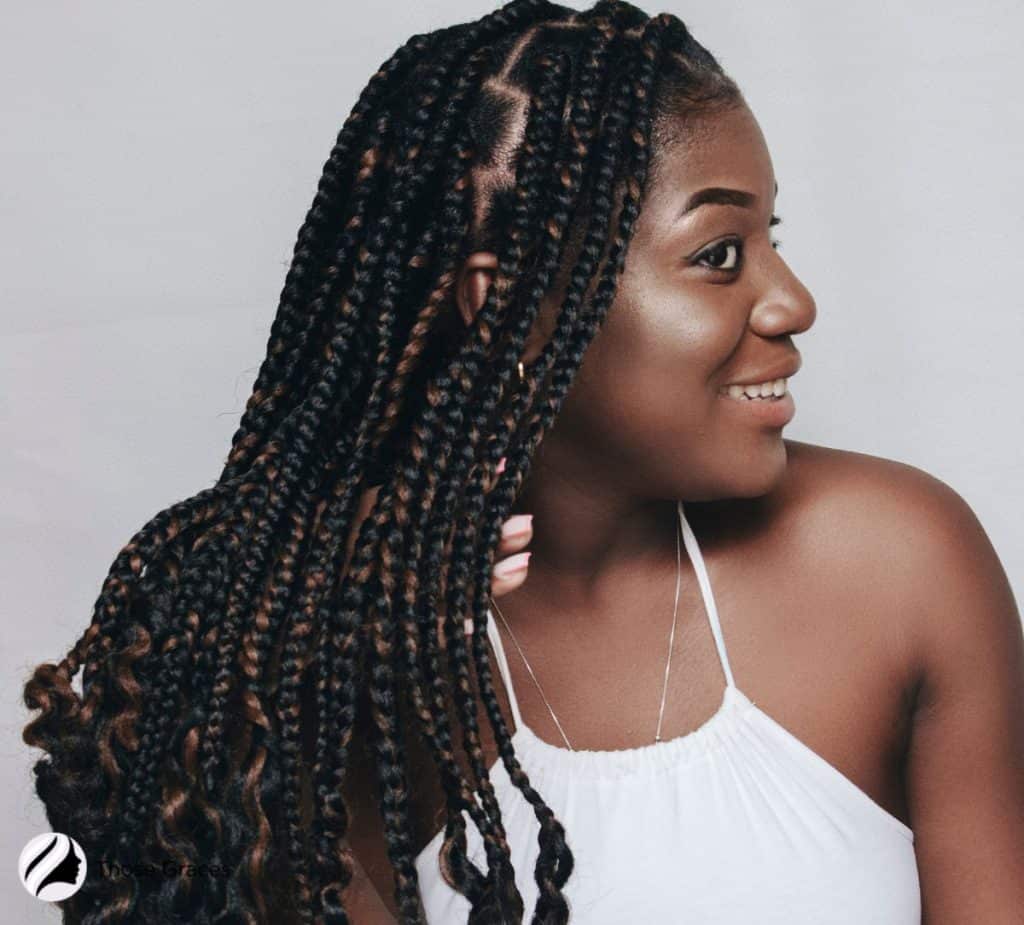
The tightly coiled strands are more susceptible to breakage, and the lack of a cuticle layer makes it difficult for natural oils to provide moisture and protect against damage.
As a result, black hair requires special care to stay healthy and strong.
When choosing a keratin treatment, finding one specifically designed for black hair is essential.
These products usually contain higher levels of moisturizing ingredients, which can help prevent breakage and keep hair healthy.
In addition, choosing a product that won’t cause excessive build-up on the scalp is essential, as this can lead to scalp irritation.
Following these tips ensures that your keratin treatment will help improve your black hair’s health.
Are keratin treatments safe for naturally curly hair?
The summer can be difficult for many women with naturally curly hair. The humidity can cause frizz and turn even the most well-behaved curls into a wild mane.
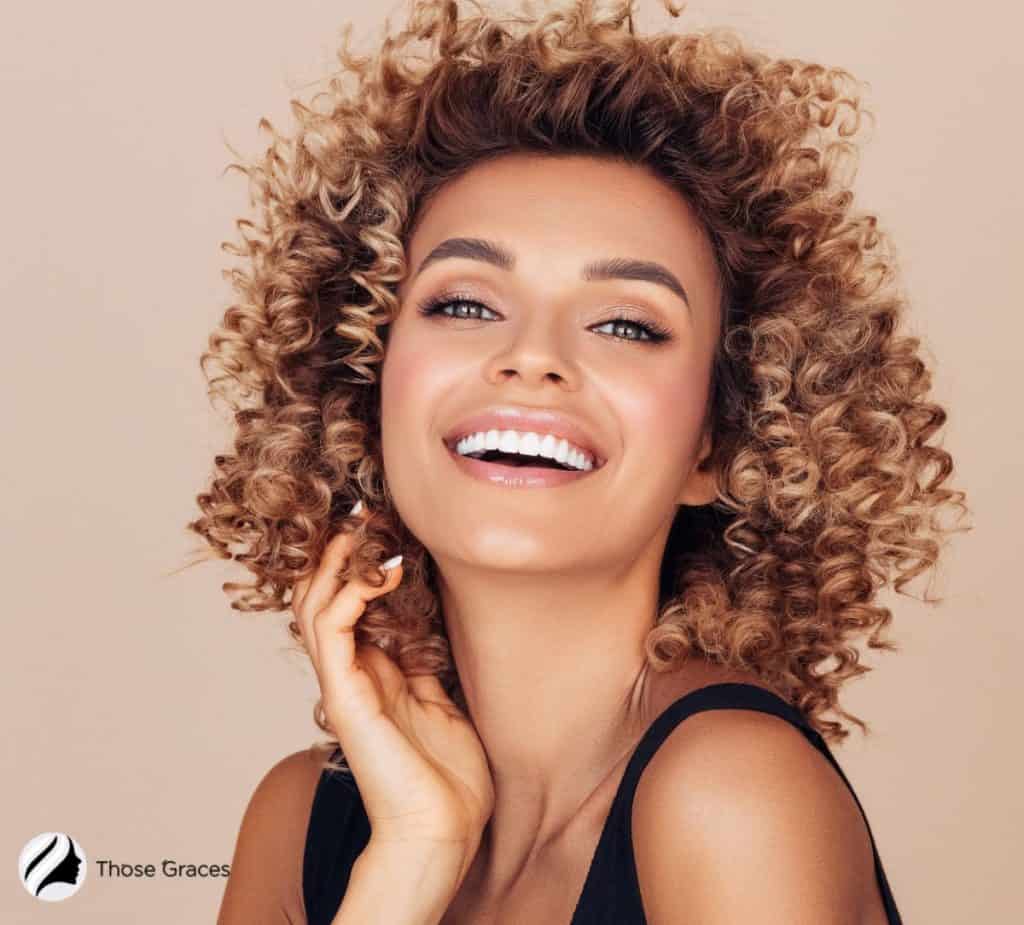
As a result, many women turn to keratin treatments to tame their tresses. But are these treatments safe?
There is no doubt that keratin treatments can effectively target frizzy hair.
The treatment involves applying a protein-rich solution to the hair to smooth the cuticle and eliminate frizz. But are these treatments safe for naturally curly hair?
Keratin treatments can damage curly hair, as they essentially work by straightening the hair shaft. This might alter your natural curls in one way or the other.
While it is true that keratin treatments can temporarily change the structure of the hair, they will not permanently ruin your natural curls.
The active ingredient in most keratin treatments is a protein called Keratin, naturally found in the hair.
When this protein is applied to the hair, it helps to fill in any gaps or cracks in the cuticle, resulting in straighter, smoother hair.
However, your natural curl pattern will return once you wash the treatment.
So if you’re considering a keratin treatment but are worried about damaging your natural curls, rest assured that your hair will bounce back.
The key is working with a stylist who understands your hair type and can tailor the treatment to your needs.
With the right approach, a keratin treatment can leave you with sleek, shiny hair that retains its natural curl pattern.
For a clear understanding of the “Difference between Keratin and Protein Treatment“, I’ve written an insightful article. And if you’re wondering, “Why Does Keratin Burn My Eyes?” another piece of mine explains it.
How to care for your hair after a keratin treatment
If you’ve just had a keratin treatment, congratulations! You will have smooth, shiny hair for the next few months.
However, it’s important to remember that keratin treatments require some special care to be effective. Here are a few tips to keep in mind:
- Avoid washing your hair for at least 48 hours after the treatment. This will give the keratin time to penetrate the hair shaft fully. Shower with a shower cap and avoid swimming, saunas, and steam showers.
- When you do wash your hair, use mild shampoo and avoid scrubbing too vigorously.
- Only use heat-styling tools when necessary. Keratin treatments make your hair more susceptible to heat damage.
- Be sure to use a deep conditioning treatment once a week. This will help keep your hair hydrated and prevent the keratin from drying out your locks.
- Avoid tying your hair or tucking it behind your ears to avoid dents. Hats and sunglasses can also leave marks on your hair, so use caution.
- Do not apply hair styling products such as hair sprays or gels, mousse, root-lifting sprays, etc.
- Sleep on a silk pillow or pillowcase since cotton and other materials might cause friction as you sleep, causing frizz and shortening the life of your keratin treatment.
By following these simple guidelines, you can prolong the life of your keratin treatment and enjoy beautiful, healthy hair for months to come.
FAQs
Does Keratin treatment damage black hair?
Can I dye my hair after keratin?
How Often Can I Get A Keratin Treatment?
Do Keratin Treatments break your hair?
However, treatments that are done too frequently might cause hair damage.
Conclusion
In a nutshell, the road to black hair care is a journey, not a destination.
The charm of keratin treatments, with their strength-boosting, shine-giving properties, is enticing.
But remember darling, beauty is about choice and making informed decisions.
Are keratin treatments your cup of tea?
Or are you more inclined towards natural hair care products? There’s no right or wrong here, just a wonderful world of possibilities tailored to your unique hair needs.
But here’s a thought: have you considered the wonders a keratin treatment could do for your hair today?
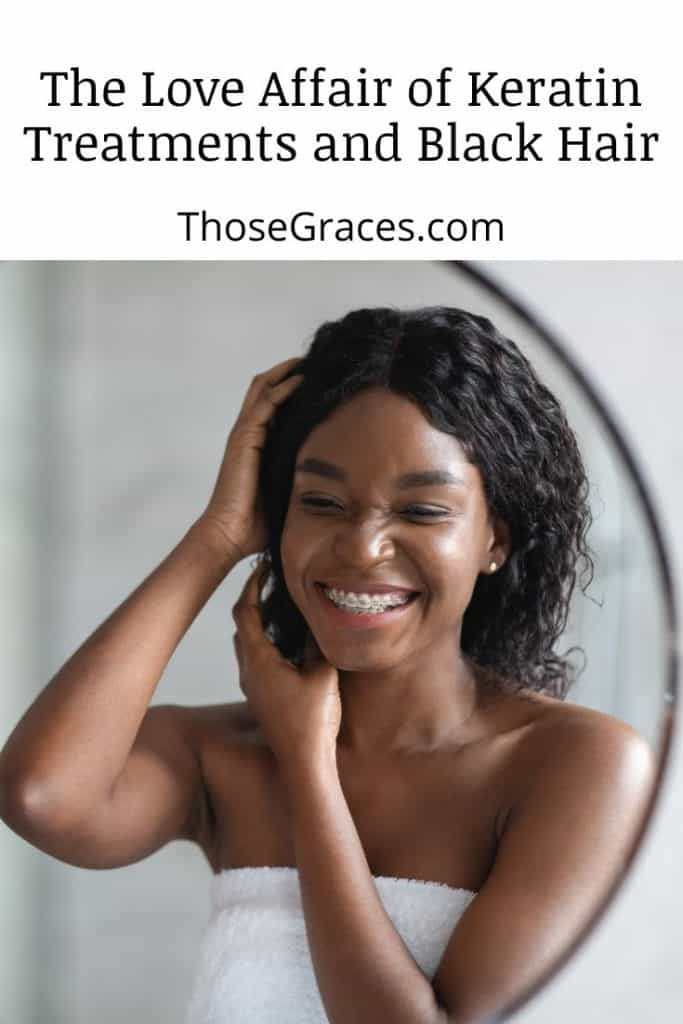
Have you ever tried a keratin treatment? What was your experience like? Let us know in the comments below.
Resources
- Keratin: Protein, Structure, Benefits, Uses & Risks. Cleveland Clinic. https://my.clevelandclinic.org/health/body/23204-keratin
- Keratin Treatment Side Effects: Causes, Symptoms, and More. Healthline. Published February 25, 2019. https://www.healthline.com/health/what-are-the-side-effects-of-a-keratin-treatment
- Formaldehyde and Cancer Risk – National Cancer Institute. www.cancer.gov. Published June 10, 2011. https://www.cancer.gov/about-cancer/causes-prevention/risk/substances/formaldehyde/formaldehyde-fact-sheet#:~:text=The%20International%20Agency%20for%20Research
